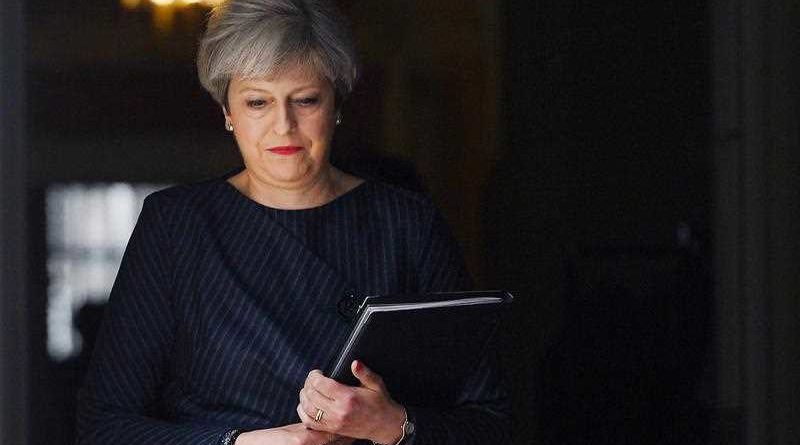PM Theresa May Calls Snap Election with Brexit at the Helm
As Americans were heading to the post office to mail in their taxes, Britons were being blindsided by Prime Minister Theresa May, who called for a snap election on June 8th. The surprise general election is an attempt for May to strengthen her hand in the Brexit negotiations with the European Union.
May has only held office for nine months since replacing Prime Minister David Cameron after his anti-Brexit crusade fell short. May is hoping the snap election will provide her with the latitude necessary to accept the EU’s proposed sequencing for the negotiations, as well as quiet critics who say she lacks the mandate to govern, because she has didn’t won the popular vote to be party leader.
Recent polls show May’s gamble paying off. A YouGov, poll taken last week, showed that the Conservative Party received 48% of support versus the main opposition Labour Party’s 24%. With the odds being in May’s favor, she stands a good chance of remaining at 10 Downing Street, but the reality of this election being dominated solely by one issue is not lost on most people.
The last time Britain saw a single issue election was in 1974 when Prime Minister Ted Heath called a snap election to strengthen his mandate in a fight with trade unions. Fast forward 43 years and Britain is back at it, but this time, Brexit will dominate the cycle.
It is no secret that Brexit has been the talk of the town as Britons try to make heads or tails of their country’s future on the world’s stage and what it will look like in a post-Brexit world. The attitude toward Brexit is not cut and dried nor are they divided neatly along conventional political party lines. Currently, the two main political parties and their voters are split over Brexit. The looming question for May is how this will affect voting behavior on June 8th.
There is no question May is taking a gamble on voters’ attitudes toward Brexit. She hopes Brexit won’t cause tactical voting that results an upheaval; however, May’s move to unify the country in and outside of Westminster through a snap election was the right move. Aside from holding true legitimacy as the Prime Minister, May will also have an extra two years to reach a final Brexit deal before she has to face voters again.
As Brexit dominates the campaign cycle and the airwaves in the United Kingdom, voters will have to discern between reality and rhetoric. After all, elections are built on rhetoric. May has proven, though, that she is not one to waiver on her beliefs and that she truly has the best interests of the United Kingdom at heart. On April 18, she explained that the special general “election will secure the strong, stable leadership the country needs to see Britain through Brexit and beyond” and she’s right.
In the upcoming Brexit negotiations, Britons need a prime minister who will serve their best interests and ensure the country obtains the best possible deal in the divorce from the European Union. While on the surface, this election seems to hinge on a single issue, Brexit, but it is about so much more. This election serves as a vote of confidence in Prime Minister May and on June 8, Britons have the opportunity to send a resounding message that May is not only the right person for the job, but the one who will get the job done.

